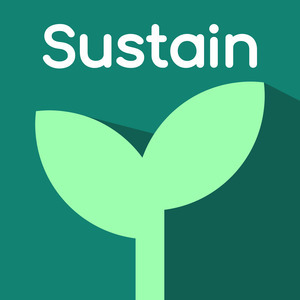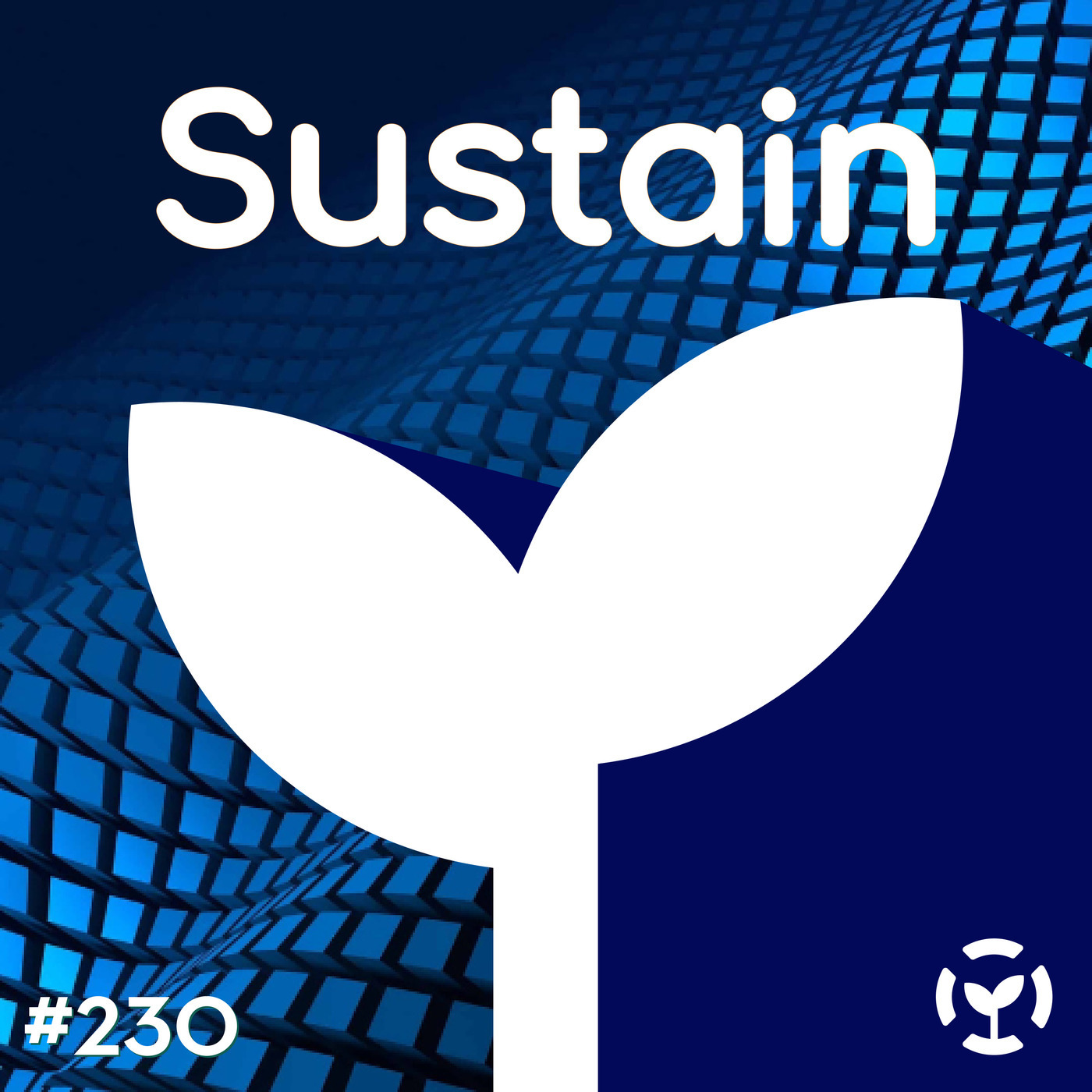Episode 230
Kari L. Jordan on The Carpentries
April 26th, 2024
36 mins 20 secs
About this Episode
Guest
Kari L. Jordan
Panelist
Richard Littauer
Show Notes
In this episode of Sustain, host Richard welcomes guest Dr. Kari L. Jordan, the Executive Director of The Carpentries, to discuss the organization’s mission, challenges, and strategies for fostering an inclusive community that teaches data and coding skills. We explore topics like sustaining open source projects, the importance of teaching open source tools and practices, and how The Carpentries contribute to the ecosystem. The conversation dives into the funding strategies, volunteer engagement, accessibility, and the future goals of The Carpentries, including spreading skills in data science and coding across diverse linguistic and geographical communities. Also, we’ll touch on broader issues such as equity in tech and the potential avenues for increasing participation of underrepresented groups in open source and data science. Press download to hear more!
[00:02:03] Richard asks Kari about The Carpentries work, and she gives her elevator pitch, emphasizing their mission of teaching inclusive data and coding skills.
[00:03:23] Kari discusses how The Carpentries incorporates open source principles in teaching various aspects, including community management and code of conduct. Also, she outlines the adjacent communities to The Carpentries, mentioning rOpenSci and the Center for Scientific Collaboration and Community Engagement.
[00:05:15] Richard jokes about The Carpentries being well-funded, and Kari clarifies their actual funding sources and the crucial role of volunteers.
[00:07:15] Kari details how the nine paid staff of The Carpentries structure their work across curricula development, workshops and instruction, and community engagement.
[00:08:59] A question comes up about The Carpentries success metrics, and Kari speaks on their goal to build global capacity in essential data skills for informed decision-making.
[00:11:56] Discussing the ethical use of data, Kari explains The Carpentries alignment with the FAIR Principles to ensure data management is equitable and accessible.
[00:14:47] Kari highlights the importance of recognition and appreciation in open source contributions, and speaks about the diversity in forms of appreciation, from LinkedIn badges to DOIs for contributions, and the necessity of different incentives.
[00:17:34] Kari acknowledges the divide and discusses how individuals in The Carpentries often pick a focus, be it teaching or lesson development, though some do cross over between data and open source contributions.
[00:19:37] Richard probes into the potential contribution of ‘data people’ to the burnout of open source maintainers and whether they should also contribute to the maintenance. Kari agrees on the correlation but suggests it might be a confidence issues and emphasizes the need to educate these individuals on the importance of their contributions.
[00:21:12] Richard seeks a clearer definition of what constitutes a contribution within The Carpentries, and Kari responds by referring to their Code of Conduct which clarifies that contributions are welcome as long as they adhere to it.
[00:22:45] What is Kari’s long-term vision for The Carpentries? She envisions their lessons being taught in hundreds of languages and spreading their educational model without a reliance on strong internet connections and mentions currently having a multilingual open source glossary called Glosario.
[00:25:26] Kari talks about the hardest part of her job, which is that volunteer capacity and revenue generation are current organizational priorities.
[00:28:29] What would Kari focus on in open source if she wasn’t with The Carpentries? She expresses her desire to concentrate efforts on equity and inclusion, specifically increasing the involvement of people of color in open source within the U.S.
[00:31:20] Richard asks Kari what she’s really excited about for the future of The Carpentries. She shares her enthusiasm about potential strategic alliances with other organizations to share resources and thrive together, and the creation of resources for communities to run their own inclusive events.
[00:32:58] Find out where you can follow Kari online.
Quotes
[00:06:46] “We’ve supported workshops in over 64 countries, and it’s because of our volunteers.”
[00:09:31] “We know that decisions that impact our lives are made with data.”
[00:10:48] “Before I came on staff at The Carpentries, I had never heard of R, Python. I had never heard of GitHub, and I have a PhD.”
[00:16:07] “Appreciation is different depending on what’s important to you.”
Spotlight
- [00:33:55] Richard’s spotlight is Nisha Ghatak, from NeSI, who ran two of The Carpentries workshops he attended in New Zealand.
- [00:34:21] Kari’s spotlight is OpenRefine, a very powerful open source tool.
Links
- SustainOSS
- SustainOSS Twitter
- SustainOSS Discourse
- podcast@sustainoss.org
- SustainOSS Mastodon
- Open Collective-SustainOSS (Contribute)
- Richard Littauer Socials
- Dr. Kari L. Jordan X/Twitter
- Dr. Kari L. Jordan Mastodon
- Dr. Kari L. Jordan Website
- Dr. Kari L. Jordan GitHub
- Dr. Kari L. Jordan LinkedIn
- The Carpentries
- Center for Scientific Collaboration and Community Engagement
- rOpenSci
- FAIR Principles
- The Nine Core Values of The Carpentries
- Glosario
- Nisha Ghatak-NeSI
- OpenRefine
Credits
- Produced by Richard Littauer
- Edited by Paul M. Bahr at Peachtree Sound
- Show notes by DeAnn Bahr Peachtree Sound

